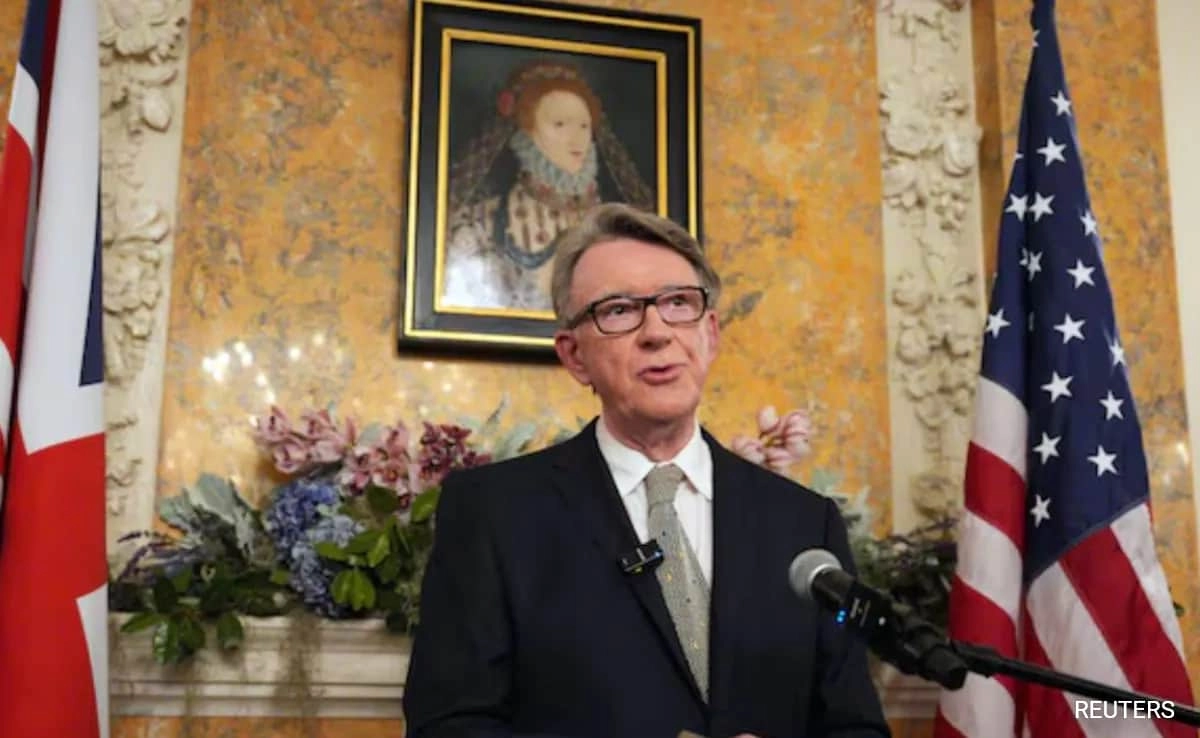Peter Mandelson, often dubbed the “Prince of Darkness,” has long been a figure of intrigue and controversy within British politics. As one of the key architects of New Labour, Mandelson played a pivotal role in transforming the Labour Party into a modern political force that appealed to a broader electorate. His tenure as a political strategist was marked by a blend of charisma and cunning, allowing him to navigate the complex landscape of British politics with a deftness that often left others in his wake. Mandelson’s close ties with the rich and famous have fueled both admiration and criticism, as he adeptly balanced the interests of the elite with the broader goals of the Labour Party.
Throughout his career, Mandelson cultivated relationships with influential figures across various sectors, which some viewed as a necessary strategy for political success while others criticized as a form of elitism. His connections with wealthy benefactors and celebrities not only bolstered his political ambitions but also highlighted the tensions within the Labour Party regarding class and representation. His ability to engage with high-profile individuals, from business magnates to cultural icons, underscored his belief in the importance of forging partnerships that could benefit the party and its vision for a more progressive Britain.
Despite his successes, Mandelson’s reputation has often been marred by controversy. His involvement in several political scandals, including issues surrounding lobbying and funding, has led to accusations of hypocrisy, particularly when juxtaposed against the Labour Party’s traditional working-class roots. Critics have labeled him as a symbol of a party that has strayed too far from its core values in pursuit of power and influence. Nevertheless, Mandelson has remained a resilient figure, continuing to engage in public life and political discourse long after his most prominent roles in government.
In many ways, Peter Mandelson embodies the complexities of modern politics, where personal relationships and public policy often intersect in unexpected ways. His journey through the corridors of power has been characterized by both triumphs and trials, reflecting the challenges of navigating a rapidly changing political landscape. As the “Prince of Darkness,” he remains a testament to the notion that in politics, the lines between ambition and ethics can often blur, making for a compelling narrative that continues to resonate in discussions about leadership and influence today.




